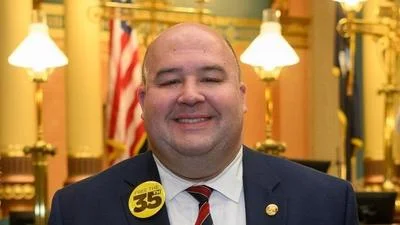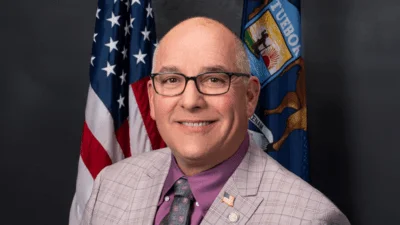Sandy K. Baruah President and Chief Executive Officer at Detroit Regional Chamber | LinkedIn
Sandy K. Baruah President and Chief Executive Officer at Detroit Regional Chamber | LinkedIn
On June 28, 2024, the U.S. Supreme Court ended the Reagan-era Chevron deference doctrine. Chevron allowed federal agencies to have reasonable interpretations of ambiguous federal laws, giving agencies and the President powers to legislate outside of Congress. This meant that federal agencies charged with rulemaking were given the final say on implementing and creating rules resulting from passed legislation.
The overturning of this 40-year-old doctrine significantly limits the power of current and future presidents, requiring Congress to be more explicit in its directions to agencies and for agencies to be conservative with their reach.
In recent years, the Biden administration has used Chevron to enact new climate regulations through the Environmental Protection Agency, ban non-competes through the Federal Trade Commission, and expand overtime pay eligibility through the Department of Labor. Despite today’s Supreme Court ruling, those Biden-administration actions remain intact. However, future actions are now under greater scrutiny.
An example of future impacts would be IRS guidance that taxpayers have long relied on. Many statutes from Congress are only sentences long, charging the IRS to promulgate and implement rules related to a certain tax, which results in hundreds of pages from the IRS’s regulatory division. Now, any promulgation from the IRS or Treasury is more open to challenges.
These changes present challenges for this administration, most notably for student loan debt relief, sweeping climate change regulations, AI guidance, and Medicare’s ability to negotiate drug prices. A District Court Judge on June 28 halted the Department of Labor’s expanded overtime rule for public employees in Texas following the Supreme Court's decision. This expansion was effective on July 1 but signals a nationwide ripple effect.





 Alerts Sign-up
Alerts Sign-up